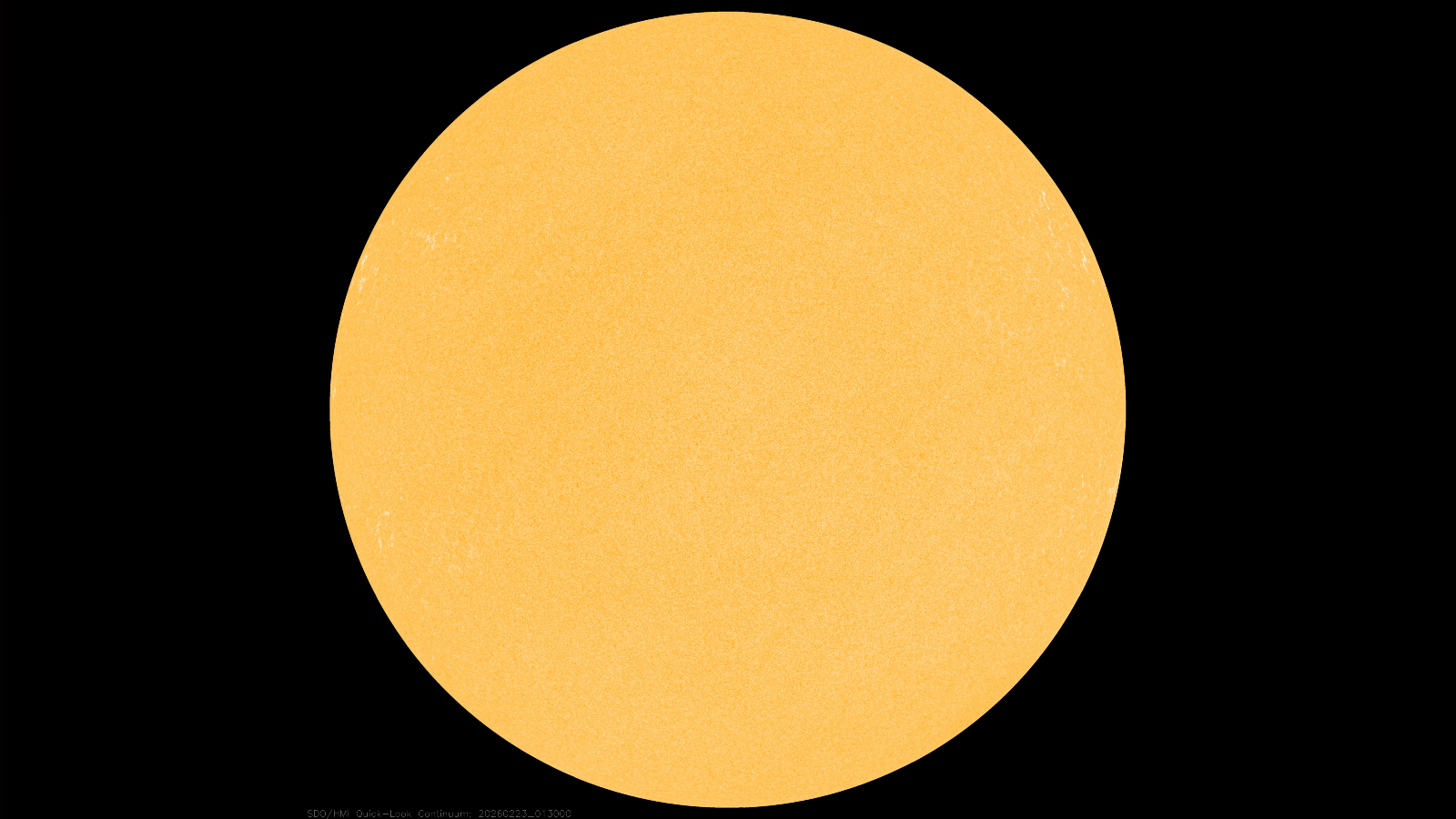My Day: A Brain-Sucking Tornado of Endless Decisions

Get the world’s most fascinating discoveries delivered straight to your inbox.
You are now subscribed
Your newsletter sign-up was successful
Want to add more newsletters?
Join the club
Get full access to premium articles, exclusive features and a growing list of member rewards.
I just can't make up my mind. But I have to, all day long. It starts as soon as I get out of bed, before I'm even conscious. Should I choose the red blouse or the orange sweater, the skirt or the pants. And for God's sake, which shoes? And then there's the critical decision about coffee — should it be a latte or cappuccino, and should today be characterized by a muffin or a scone? — followed by the daily transportation decision — should I should drive or take the bus, or get some exercise and walk. After that, the day inevitably spirals into a brain-sucking tornado of endless decisions until I face the final one at night — the pink pajamas or the blue ones? None of these decisions are particularly important, or even interesting, but according to Kathleen Voss of the University of Minnesota and her colleagues, making choices, no matter how trivial, exhausts the human brain, no matter how smart, accomplished, educated or easy-going you might be. In a series of laboratory and field trials, the researchers discovered that people can't do the most simple tasks well after being faced with choices in other matters, even choices that were trivial or had no consequences. They also found that after choosing this or that, people are also easily distracted by anything but the task at hand, which might explain such things as procrastination or being inexplicably drawn to video games. Clearly, this is not the human brain we have come to know and love. After all, we've come to believe, the human brain is all about thinking, and thinking is all about evaluating information and then making choices and decisions and anthropologists have told us that our large brains, in fact, evolved specifically for this kind of puzzle-solving. Although no one knows specifically what selective pressure rocketed human brain-size forward 1.4 million years ago, researchers have proposed that it probably had something to do with inventing tools to make life easier, keeping track of complicated social interactions, or figuring out how to utilize new food resources. All of these possibilities involve making choices. And so pointing a finger and saying, "that one," we have assumed, is a human forte, the best part of our intellect, and integral to human evolution and survival. In fact, our very definition of human thinking is the ability to make those sort of choices a million times a day and make them in a thoughtful, informed way. But the Voss work shows that although we have been selected to be great at making choices, humans are actually sprinters in the "choice Olympics." Faced with too many choices and decisions, we very quickly become baffled, confused and unable to function at all. Which explains why life today in Western culture seems to fast, too hard and way too confusing. We might be designed to make choices, but no that many, goodness, not that many in a row. It was much easier back in the days when choices were much less frequent. Instead of choosing, once or twice a day, between the stick or the stone to throw at the gazelle, or deciding if this or that leaf might be worth eating, our lives are now a constant barrage of choices. Too many choices. Even to those with a vested interest in giving us all those choices. Voss teaches in the Marketing Department at the University of Minnesota, and her message to her colleagues, and the consumer culture seems to be, "Enough already, they can't take it."
- Video: Brain-Healing Nanotechnology
- 10 Things You Didn't Know About You
- Top 10 Mysteries of the Mind
Meredith F. Small is an anthropologist at Cornell University. She is also the author of "Our Babies, Ourselves; How Biology and Culture Shape the Way We Parent" (link) and "The Culture of Our Discontent; Beyond the Medical Model of Mental Illness" (link).
Get the world’s most fascinating discoveries delivered straight to your inbox.
 Live Science Plus
Live Science Plus










